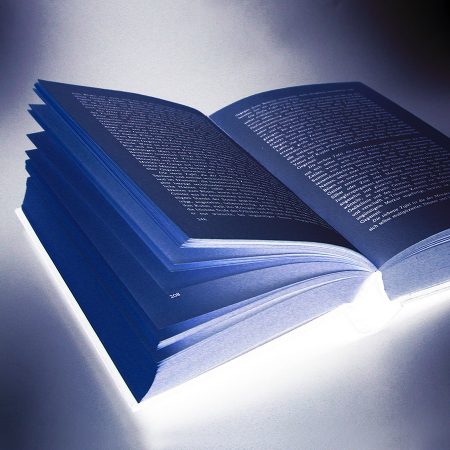Red moon in the darkness

On Wednesday, 15th June 2011 (or Thursday 16th June for certain time zones) is full moon and a total lunar eclipse at the same time. However, it will only be completely visible in the Near and Middle East. In Asia and Australia, the moon will be already set and in Europe and Africa, the moon will be just rising by the time the lunar eclipse takes place. In America, this event won’t be visible at all.
What happens during a lunar eclipse? The Moon moves through the shadow that Earth – being illuminated by the Sun – casts onto the Moon and therefore appears darkened to an observer from Earth, for a duration of one to two hours. The requirement for the visibility of the lunar eclipse is, next to the cloudless sky, the observer has to be located on the dark side of the globe and the Moon has to have risen and consequently be above the horizon.
A lunar eclipse always takes place at full moon, because the constellation of the Sun > Earth > Moon is also responsible for the full moon. The Moon is additionally on the ecliptic of the Earth in the case of a lunar eclipse.
Differently, as with the solar eclipse, where the Sun turns black, is the Moon during the lunar eclipse as it takes on a copper red colour. This is caused by the refraction of the sun rays in the Earth’s atmosphere. You could possibly compare it with the reddish light of a sunrise or sunset on Earth. This reddish light is the reason for the red surface of the Moon during the lunar eclipse.

Although the scholars of antiquity, like Aristotle, had already recognised what was happening in the sky during a solar or lunar eclipse, these events have been misconstrued as a bad omen in different cultures for many centuries. The darkening of light was interpreted as the symbol of the superior power of the dark and evil forces over the light and the good. This evoked fear and led to various rituals and measures that were taken. For example, the Easter date in the Christian ecclesiastical year, has been defined, so that no solar or lunar eclipse can take place on Good Friday.
Fortunately, today we know the meaning of the astronomic events and are able to face them without projections.
We have compiled further information and all the dates:
• Lunar eclipse on 15th/16th June 2011
